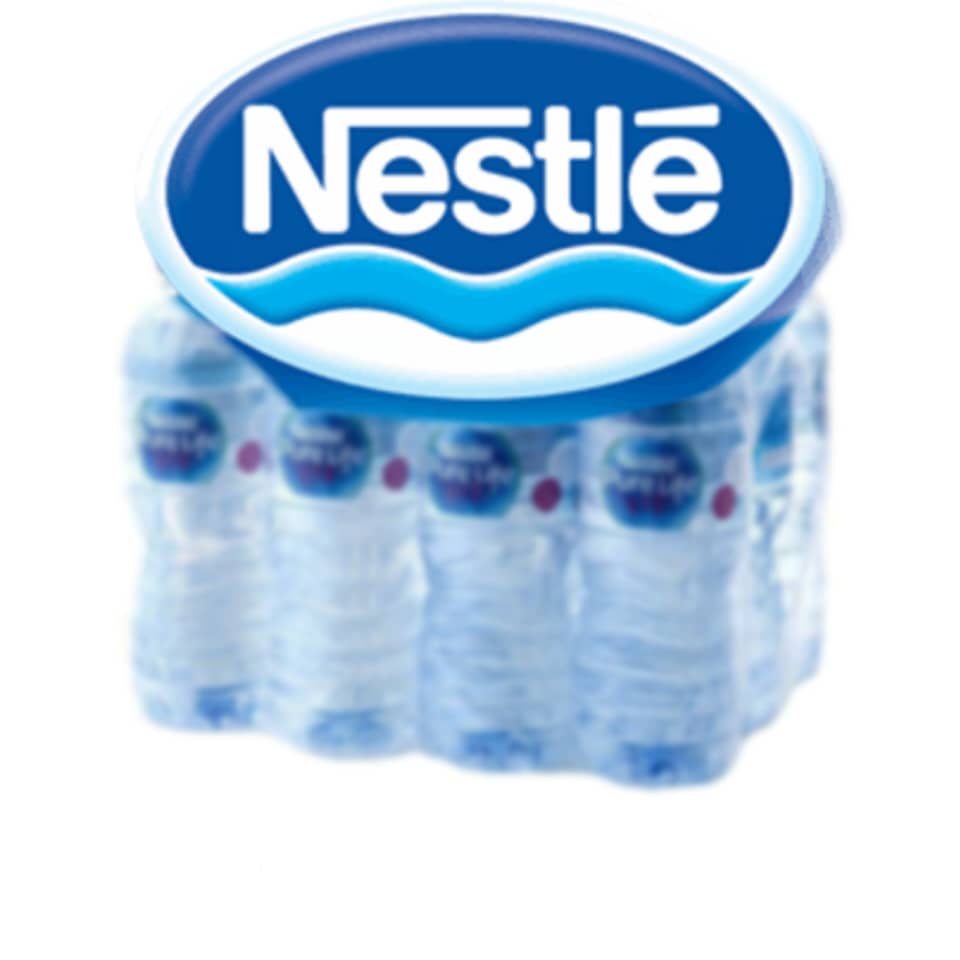
- Seen : 708 View
Dry ice is formed from carbon dioxide gas that exists in the atmosphere and even in human exhalation. When CO2 gas or carbon dioxide, carbon dioxide, liquid carbon dioxide is placed in the ambient temperature and conditions, dry ice is produced.
Van Helmont was the first scientist to discover the existence of CO2 gas, or carbon dioxide. By burning charcoal in a closed chamber, he realized that the remaining volume of ash is less than the volume of coal, and that an invisible object or gas is formed from the burning of coal. going out .
The density of carbon dioxide is 1.5 times higher than the density of air. Carbon dioxide condenses at a temperature of -78 degrees and turns into a solid white object called dry ice. Dry ice is a solid form of CO2 gas, which is the most important application in refrigeration. Dry ice is a non-toxic and non-corrosive substance.
Dry ice does not melt in any way, but due to temperature and heat, it turns from a solid phase into a gas and does not leave any moisture, moisture or liquid state.
Applications of dry ice:
Shrinkage and depressions of metals
Removal of floor tiles by slow freezing and shrinkage
Rodent exterminator
Dry ice with 90% alcohol for heating
In the medical industry, to freeze the skin to remove skin lesions
To freeze and transfer body parts
Slowing down and making chemical reactions more successful
In the oil industry for cleaning oil and cleaning tankers
In the oil industry, to crack and increase the flow of oil in the well
Fertilizing clouds (using carbon dioxide)
As a coolant of CO2 in fire extinguishers
Production of thick fog, cold smoke and steam for special effects
As a scale remover and sediment remover
Use in laboratories and scientific centers, oil industry, food storage, preparation of soft drinks, transfer of plants, production of pressure, contraction of metals, water wells, etc.
Why is dry ice used instead of normal ice?
Because dry ice does not leave any moisture or liquid due to sublimation, and it will not change the shape, taste, color, etc. of the material in any way.
Methods of transporting and storing dry ice:
Due to the low temperature, suitable gloves must be used to move dry ice, because if it comes into contact with the skin of the hand, it will cause rapid burning of skin cells. To move and transport dry ice, Ionolite boxes or cryogenic tanks are used. to be
What is dry ice / uses of dry ice / how dry ice is prepared / making dry ice / producing dry ice / buying dry ice / selling dry ice / using dry ice / storage methods of dry ice / advantages of dry ice / about dry ice
Saler Company Information










